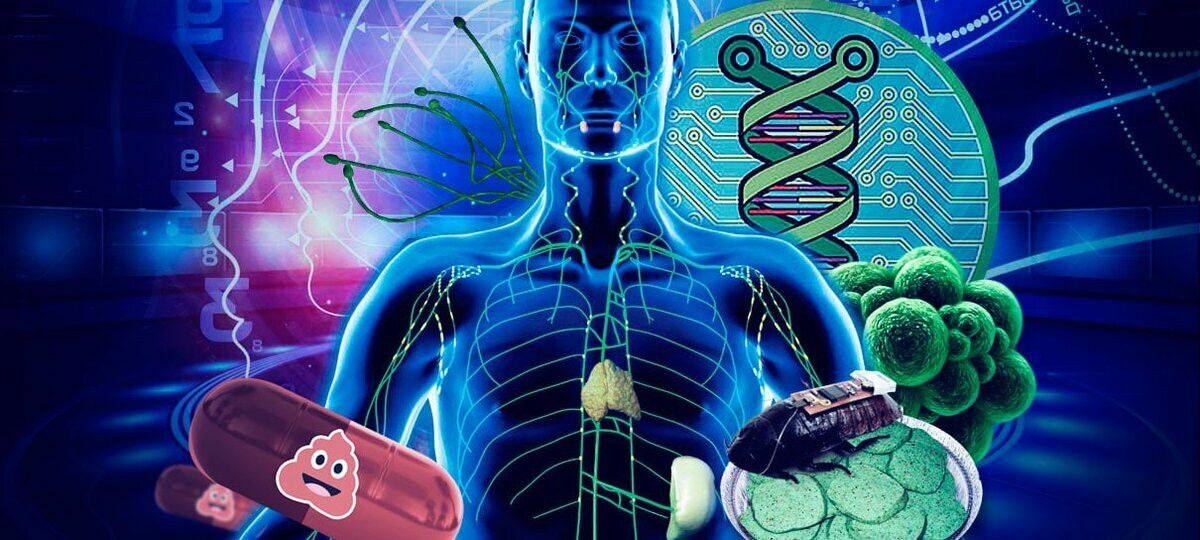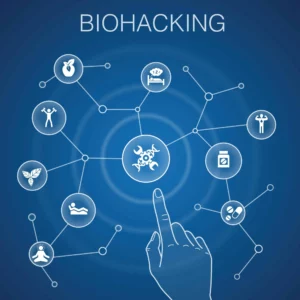
Biohacking is a rapidly growing trend that combines cutting-edge science and technology to enhance the body and mind. It’s about taking control of your biology to optimize physical performance, cognitive abilities, and overall health. From nootropics (brain-boosting supplements) to wearable devices that track every aspect of your health, biohacking offers numerous ways to elevate your well-being.
The Appeal of Biohacking
The concept of biohacking appeals to those who want to push the boundaries of their health and performance. It’s not just about traditional wellness practices but about using data-driven approaches to achieve peak physical and mental states. For example, sleep tracking has become a cornerstone of biohacking. Devices like smartwatches monitor sleep cycles, heart rate, and even blood oxygen levels, providing insights into how to improve rest and recovery.
Nootropics and Cognitive Enhancement
Nootropics, or “smart drugs,” are another popular aspect of biohacking. These supplements claim to improve memory, focus, creativity, and overall brain function. While some nootropics are natural, like caffeine or ginseng, others are synthetic. The use of these substances can be controversial, as the long-term effects are not always well-studied, and results can vary from person to person.
DIY Biology and Extreme Biohacking
For the more adventurous, biohacking can involve DIY biology or “grinding,” where people experiment with implanting devices in their bodies or using genetic engineering techniques. These extreme forms of biohacking aim to enhance human abilities beyond what is naturally possible, though they come with significant ethical and safety concerns.
The Pros and Cons of Biohacking
The potential benefits of biohacking are appealing: better health, improved mental clarity, and increased longevity. However, it’s essential to approach it with caution. Self-experimentation without proper guidance can lead to unintended consequences, and the long-term safety of many biohacking practices is still uncertain. Additionally, the pressure to optimize every aspect of life can lead to stress and anxiety, counteracting the benefits of these techniques.
The Future of Biohacking
As technology continues to advance, the possibilities for biohacking will likely expand. With developments in wearable tech, personalized medicine, and even AI-driven health solutions, biohacking could become a mainstream approach to health and wellness. However, it’s important for individuals to stay informed and critically assess the methods they choose to adopt.
In conclusion, biohacking offers an exciting glimpse into the future of health and wellness. Whether through simple practices like sleep optimization or more advanced techniques like nootropics, the potential to enhance one’s life is significant. However, it’s essential to weigh the risks and benefits carefully, and to approach biohacking with a balanced mindset.
